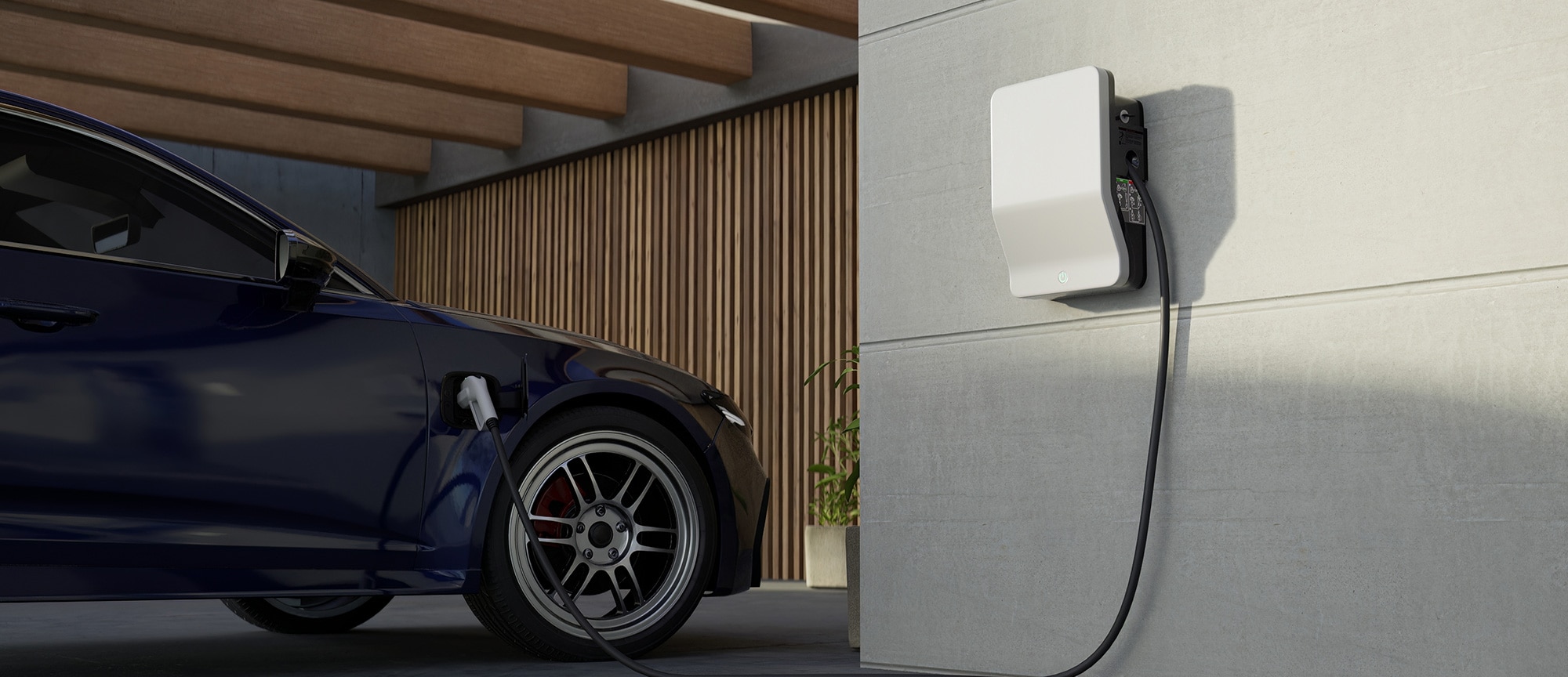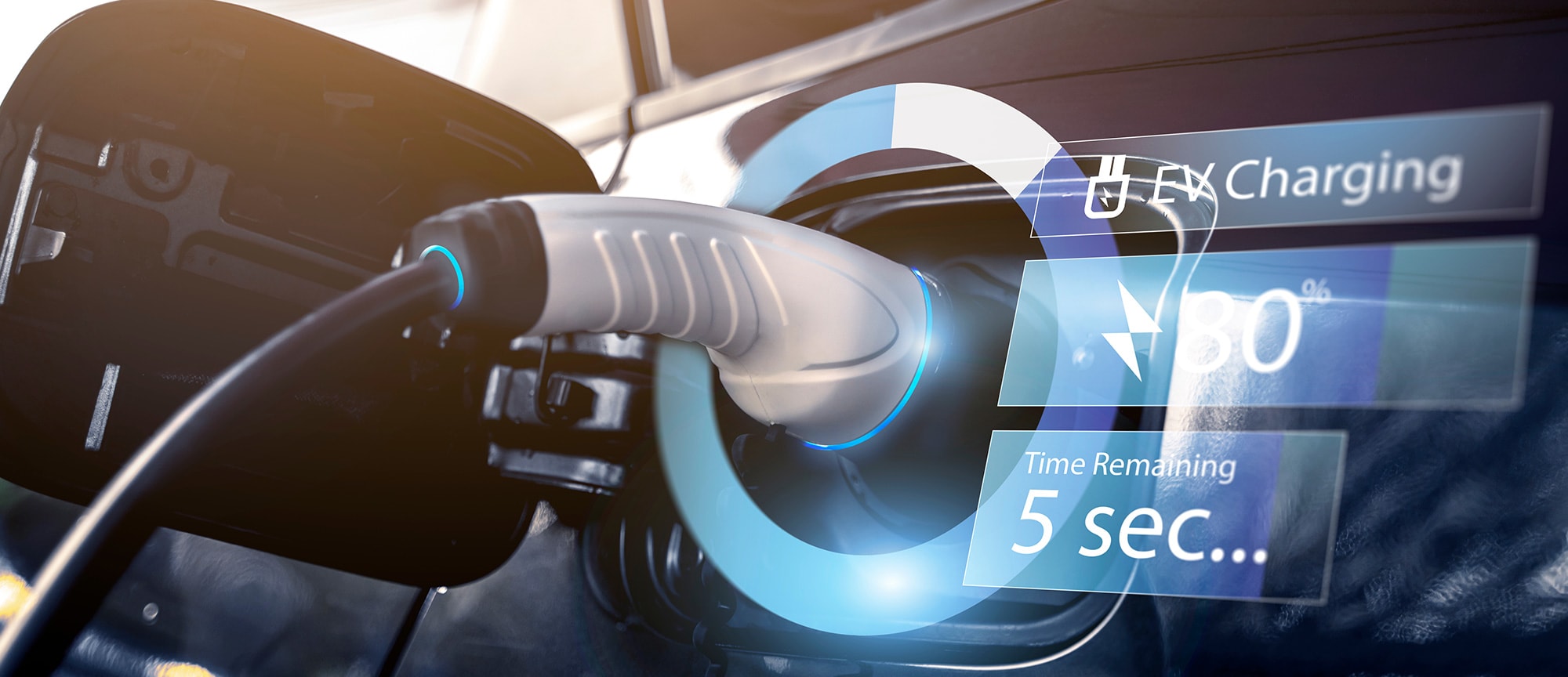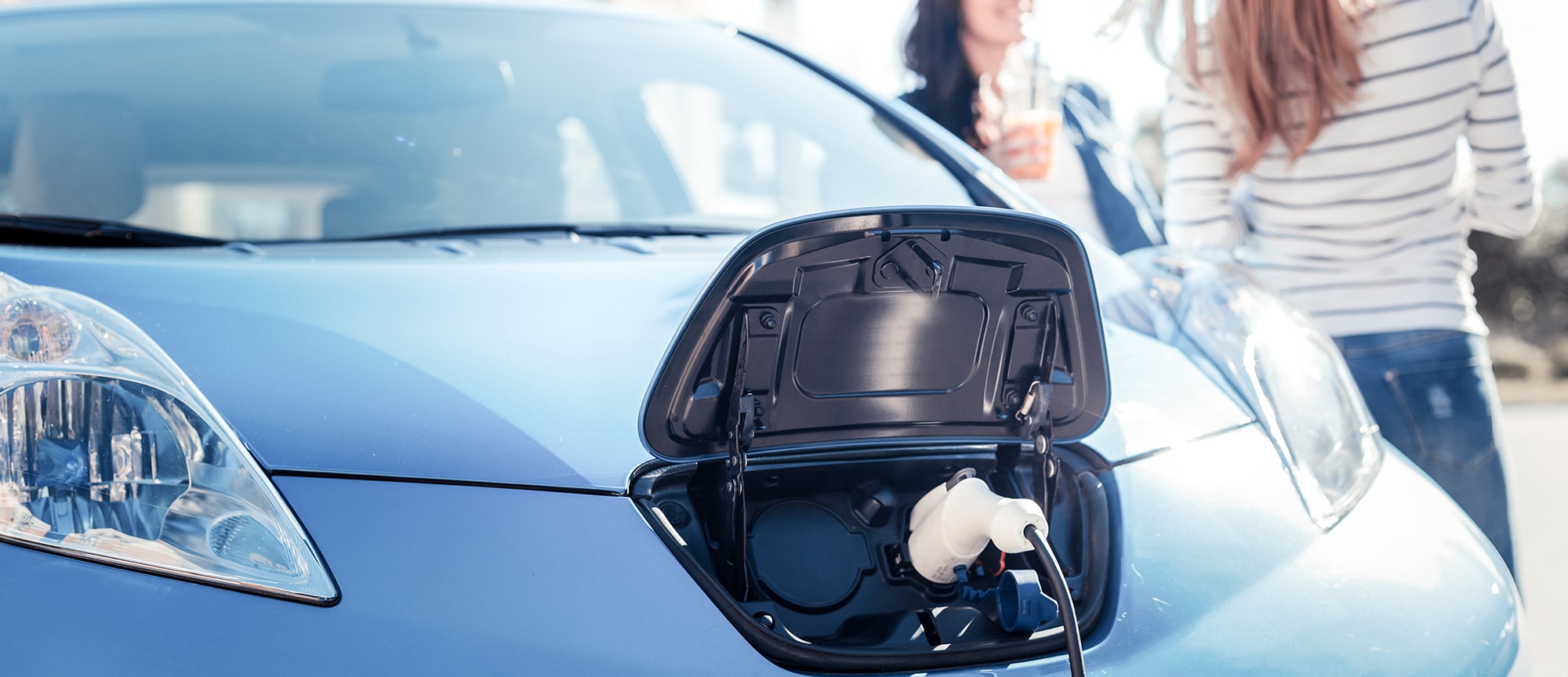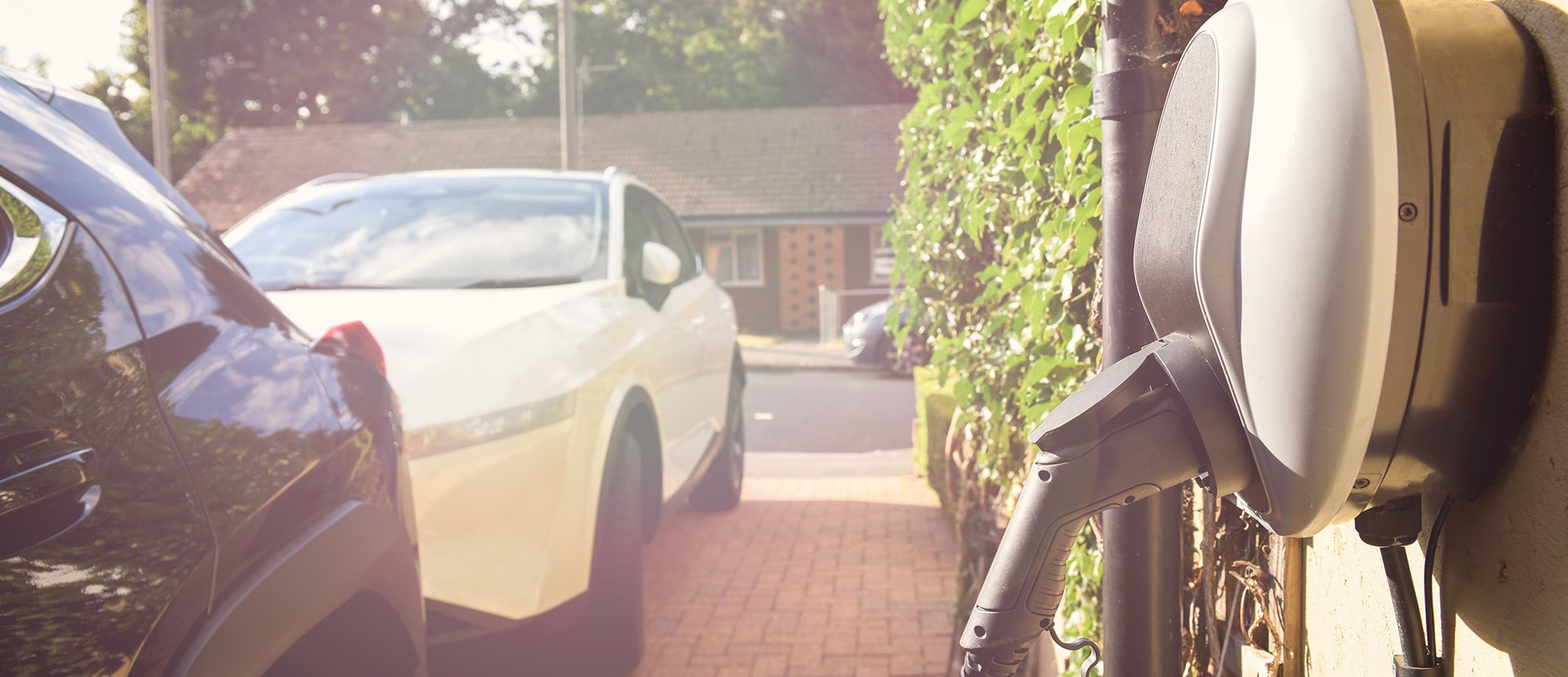Congratulations on your decision to consider a Hybrid or Electric Vehicle. When you switch from petrol to electric or hybrid, you will save on fuel costs and energy consumption, as well as reduce air pollution.
With the sharp spike in fuel costs now that the tax relief is gone, we are getting even more enquiries about electric chargers. Often this is an afterthought, once the car is purchased – but we would like to encourage you to factor this into your buying decision.
Here’s why.
Did you know that you can use a hybrid vehicle to supply electricity to homes?

This is known as vehicle-to-home technology (V2H). How handy would that be during a power cut? Recent extreme weather events have shown that you can be without power for days or even weeks.
Power Supply: Using a V2H system, a hybrid vehicle can provide power to a household by converting DC (direct current) power from the battery into AC (alternating current) power. The power can be used to run essential appliances, lighting, or other devices in the home.
Backup Power: During power outages or emergencies, a hybrid vehicle with V2H capability can serve as a backup power source for your home. The stored energy in the vehicle’s battery can help power critical appliances or keep essential systems running until regular power is restored.
But before you rush out to buy that hybrid…
Check to see if the model supports V2H technology.
The compatibility of V2H systems varies by vehicle manufacturer and model. It’s important to check if your hybrid vehicle supports V2H technology and consult with the vehicle manufacturer or a certified installer to ensure compatibility and proper installation.
Using a hybrid vehicle for home electricity requires specific safety considerations.
These guidelines typically include proper grounding, circuit protection, and installation procedures to ensure the safe flow of electricity between the vehicle and the home. For this you need a qualified, licensed electrician.
Want to go fully electric? Here’s what you need to know about EV Chargers
Some chargers are slower than others.

You might want to consider a charger that charges fast if you’re a forgetful, or last-minute type of person! All up you have three options which are commonly referred to as ‘levels’.
Level 1
This is a standard three-point plug. Charging with a standard three-point plug is slow. Most can deliver a maximum of 5 miles of range per hour of charging. So not much good if you realise upon waking that you forgot to charge the car! You may want to consider ‘levelling up’.
A simple three-point plug is suitable for small batteries, but for cars with over 150 km of range, a wall-box style charger is needed. It’s best to have this installed before purchasing an EV or as soon as you’ve bought one.
Level 2
Wall units are sturdier and safer than just plugging in a 3-pin. Covers protect the connection – especially if your car lives in a carport where weather and temperature play a role. Safety features like surge protection and auto-shutoff are often on these units.
For most homes and vehicles, a 7.4 kW charger is recommended. It charges batteries faster than a three-point plug, providing approximately 30 to 40km of range per hour to fully charge an EV with 400km of range overnight. For a basic installation of a type 2 charger supplied by Viper, the price starts at $3500. The unit will be hardwired into a dedicated circuit breaker.
Source Genesis Energy: genesisenergy.co.nz/about/sustainability/climate-change-hub/yourself/everything-you-need-to-know-about-installing-an-ev-home-charger
Want to level up further?

You can also opt for an 11kW or 22kW wall-mounted charger, which provides even more range per hour. For instance, a 22kW charger offers 120km of charge per hour, three times faster than a 7.4kW charger. Note that not all vehicles support these higher charging speeds, so it’s essential to check compatibility. A car that doesn’t support faster charging can still use a 22kW home charger but won’t charge any faster than its maximum speed.
Once installed, the wall box requires minimal maintenance. However, it’s recommended to have it inspected annually for proper operation.
Level 3
This is a public charger. These work rapidly to charge your car’s battery. Rapid DC charge in 45 minutes, and Fast AC charge in four hours. What’s the difference?
Electric vehicles contain internal converters to convert AC power to DC power for charging the battery.
DC chargers are more efficient because they already convert the power from AC to DC before entering the car.
AC charging is best for local trips, while DC charging is better for quickly recharging when you need to get back on the road.
Source Meridian Energy: meridianenergy.co.nz/ev/charging
Warning: You won’t get as much life out of your battery if you use public fast chargers constantly. Use DC public chargers sparingly.
Source Power Shop: powershop.co.nz/electric-vehicles/charging-electric-vehicles
How much does it cost to put a charging system in your house?

The price for installing your electric charger starts at $3500 for a basic type 2 charger supplied by Viper Electrical. We will supply the actual charger for you, this is because we want to ensure the highest quality charger is installed for safety and performance.
Can you install your own home charger?
No, unless you’re an electrician with experience in installing EV chargers, don’t do it yourself. Always hire an experienced and certified installer.
Viper Electrical are Master Electricians, Electricians Auckland wide. Give us a call on 0800 4 Viper, or get in touch with your local team-




